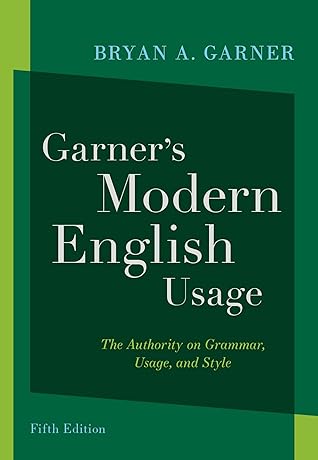More on this book
Kindle Notes & Highlights
An acronym is made from the first letters or parts of a compound term. It’s read or spoken as a single word, not letter by letter
An initialism is also made from the first letters or parts of a compound term, but it’s sounded letter by letter, not as one word
The trend today is to omit the periods. Including them is the more conservative and traditional approach. Yet because an acronym is spoken as a single word (e.g., UNESCO), periods are meaningless.
Unlike -ible, -able is a living suffix in the sense of being fully productive: you can add it to virtually any verb to make an adjective, even if there currently isn’t one. The words ending in -ible, by contrast, make up a finite list: they are all in the dictionary, and new ones aren’t being created.
When possible, use about instead of approximately, a formal word often intended to lend a scientific air to prose. But it sounds pseudoscientific and pretentious when it appears in ordinary contexts.
absent, used as a preposition meaning “in the absence of” or “without,” is commonly used in legalese but is simply unnecessary jargon. The better choices are without and in the absence of—e.g.: • “Absent [read Unless our city has] these [qualities], the good citizens will choose to live outside this environment [read elsewhere?].”
In the mid-1800s, a Swiss physician created a green medicinal alcoholic spirit with wormwood, green anise, and sweet fennel; he called it absinthe, and that has been the predominant spelling ever since, for both the herb and the drink. Both spellings occasionally appear in studies of the effects of wormwood mixed with alcohol, none of which have concluded that absinthe makes the heart grow fonder.
Absolute Constructions
You should be absolutely ashamed of yourself is the sort of thing a parent might say when scolding a child, but in polished writing the word absolutely adds absolutely nothing of value to that type of sentence.
archetypal abstract words known as zombie nouns—that is, words ending with these suffixes: -tion, -sion, -ment, -ity, -ence, -ance.
Perhaps the best antidote to this malady—which in some degree afflicts most sophisticated writers—is an active empathy for one’s readers. Rigorous thought about concrete meaning, together with careful revision, can eliminate abstractitis.


